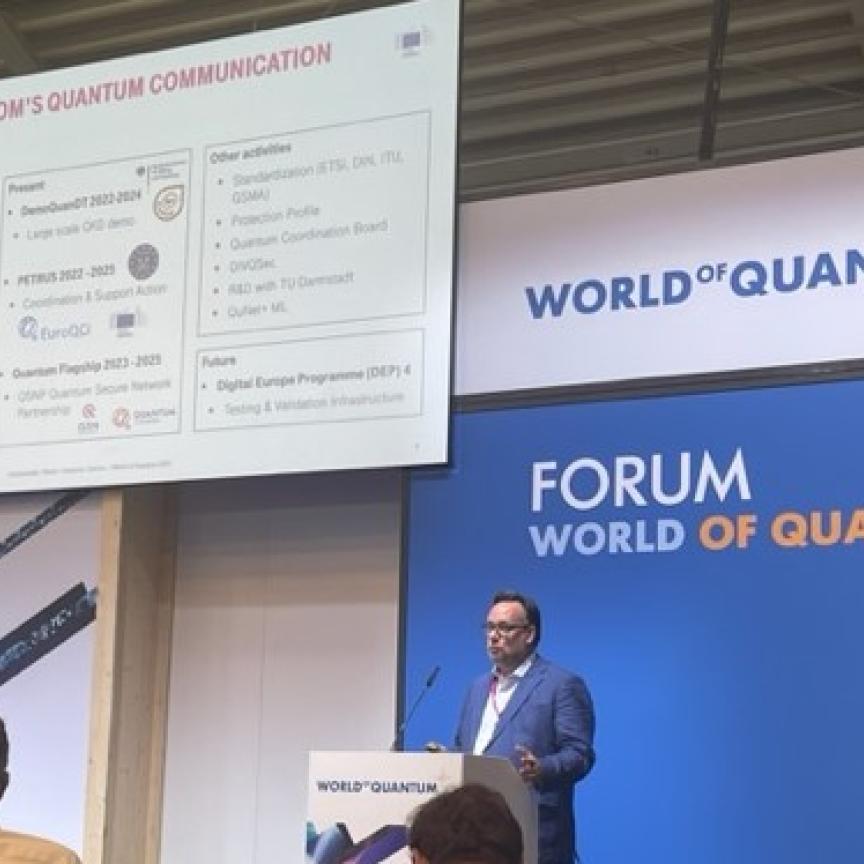A new 'National Dark Fibre Infrastructure Service' (NDFIS) will enable researchers to develop the underpinning communications technologies for the internet of the future. The UK Engineering and Physical Sciences Research Council (EPSRC) has provided £2.5 million to fund the project. The five-year contract for NDFIS has been awarded to UCL university as prime contractor for a consortium comprising the Universities of Bristol, Cambridge and Southampton.
NDFIS will provide access to a dedicated dark fibre network connecting these universities, with onward connection to European and Worldwide research networks via telecommunications facilities in London. The network will be engineered with equipment that can be configured remotely and dynamically, and will be an example of a software defined network (SDN). These fibre connections, comprising some 800 km of single-mode fibre, together with control and monitoring systems, will be provided to NDFIS by Janet, part of the Jisc group. Researchers in the UK will be able to access the new network, to be named Aurora2, both directly by placing equipment at consortium sites and remotely using the Janet Lightpath service.
Dark fibre is optical fibre that users can access at the optical data level rather than the electrical data level as in conventional communications networks. Access at the optical level enables users to experiment with novel communication techniques, such as high order optical modulation or quantum communication. The new service builds on previous work carried out by the consortium using a fixed path dark fibre network, Janet Aurora. It will offer programmable transmission parameters, dynamic reconfiguration into multiple sub-networks and the ability to handle multiple transmission formats simultaneously.
As well as supporting research on the future core optical network, which underpins the internet, NDFIS will also enable research with experimental metro networks, such as the Gigabit Bristol network. NDFIS will also support research on wireless backhaul networks for future Wireless Systems such as 5G.
NDFIS director, Professor Alwyn Seeds from UCL Electronic and Electrical Engineering, said: 'We are delighted that the EPSRC and Janet have enabled the creation of the new National Dark Fibre Infrastructure Service. This will enable UK researchers to remain at the forefront of technology research for the future internet. UK Photonics and UK electronics are large industries with annual revenues of £10 billion and £29 billion respectively. We will be working with leading UK companies to transfer technologies developed with the aid of NDFIS into new products and services. The benefits to the UK economy will be correspondingly large.'
Media Partners

